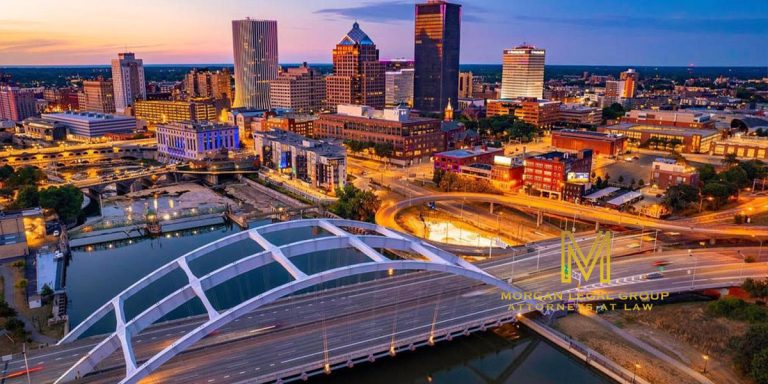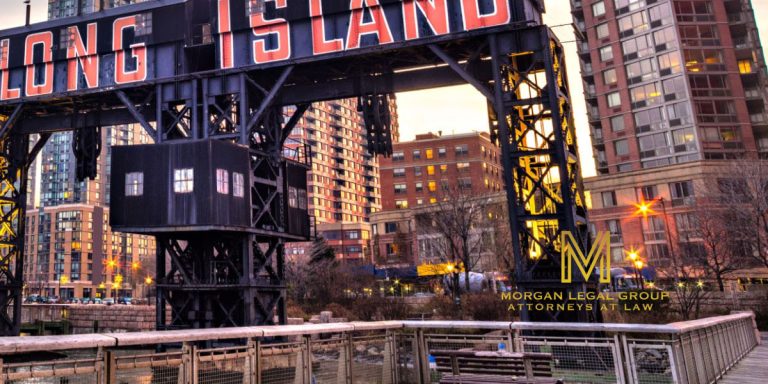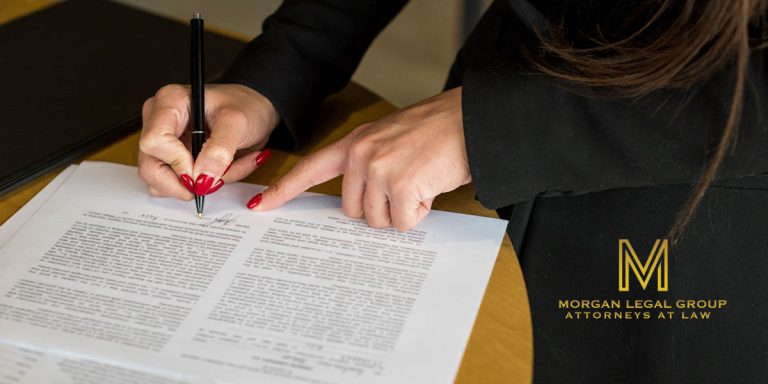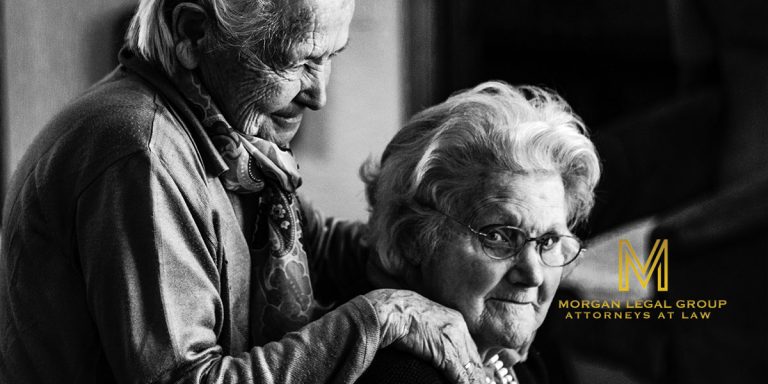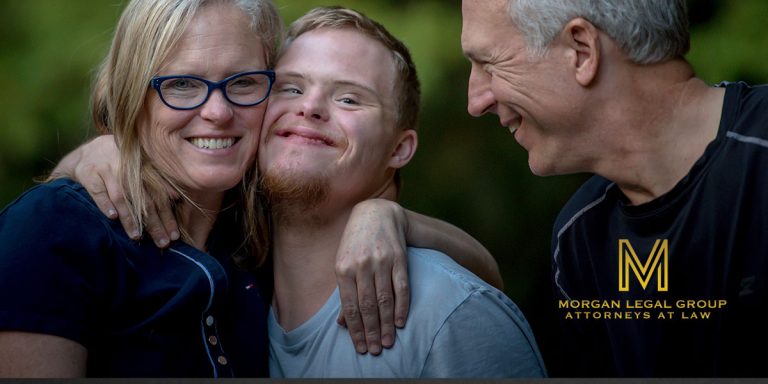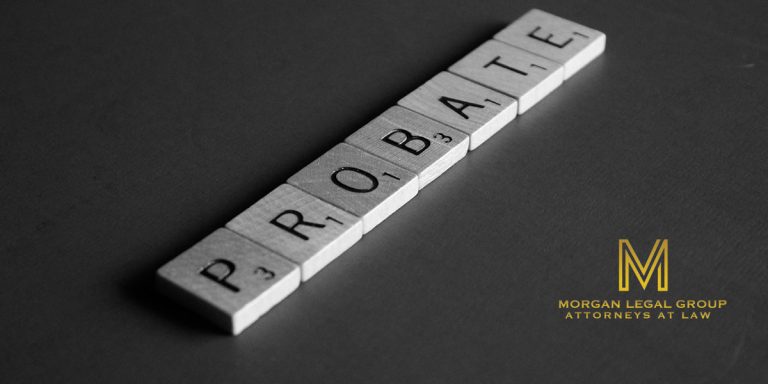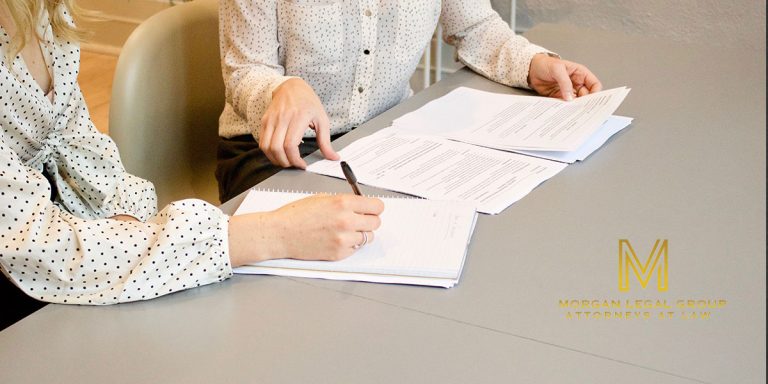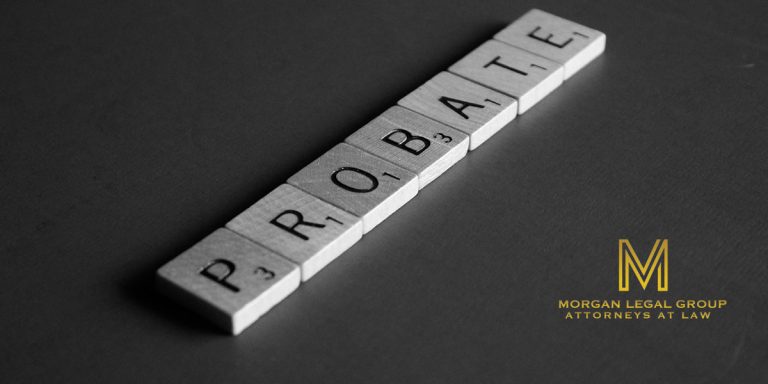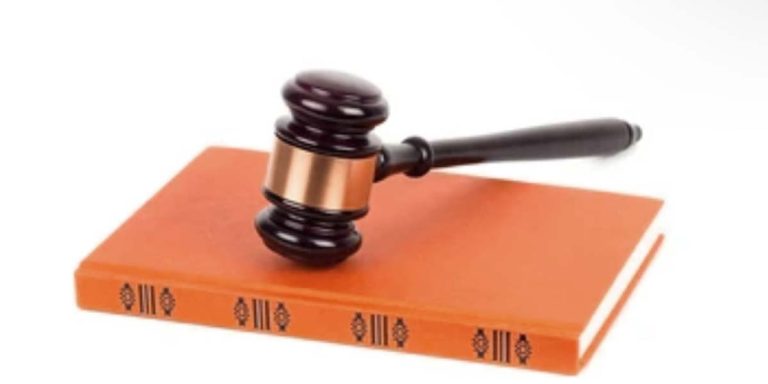As fall quickly moves toward month to month rental costs keep on blooming in the Gatwick Airport region which is arranged on the Surrey and West Sussex borders. While numerous bequest specialists in Horley and Crawley are detailing a functioning yet at the same time quelled private property deals market every one of the lettings specialists in Crawley and Horley are revealing extremely impressive interest and kept rising rents. A representative for Greenaway Residential Estate Agent Crawley, Simon Brown said ‘while we saw a further developed private deals market over the mid-year months this was nothing contrasted with the private lettings market. Accessible investment properties in the space have been missing for the most part because of two variables, Nestle moving their Croydon Head Office into the space and expanding traveler numbers at Gatwick Airport. This is incredible information for Greenaway Residential who is intending to open their new home specialists Horley office in 2013.
Despite the fact that Gatwick Airport has Horley toward the North and Crawley toward the south, Crawley has certainly seen greater action in the rental market. This is basically a direct result of the neighborhood conveniences ailing in Horley and better offices in Crawley. This has not gone unrecognized by numerous individuals of the inhabitants that have been moving to the space and why Crawley has seen most of the new occupants. In case you are considering giving your property access the Gatwick region call Crawley Letting Agents Greenaway Residential to orchestrate a free no commitment market evaluation of your property and address a colleague.
What you can anticipate
Enjoy a reprieve from the rushing about of London Gatwick Airport with a top of the line unwinding experience in the No. 1 Lounge. With highlights that run the range from helpful to sumptuous, from WiFi and TVs to a champagne bar, you can discover a snapshot of isolation in probably the most active air terminal.
Roomy, upscale and loaded up with conveniences, the No. 1 Lounge gives the setting you need to unwind and let the requests of movement disappear. Charging stations let you power up your gadgets, Internet access allows you to stay in contact with loved ones back home and the parlor’s amicable staff can ensure you have exactly what you need. Set aside some effort to loosen up with a beverage at the bar, eat something and read or stare at the TV in solace.
Open to voyagers of any ticket class on any aircraft, the parlor offers areas in both the Arrivals and Departures segments of Terminal North and Terminal South, so you can relax realizing that your door is simply steps away. Become acquainted with your kindred joy riders, get together with different explorers in your gathering or simply unwind and partake in your spare energy in style.
Gatwick Airport
Gatwick Airport is possessed by a gathering of worldwide speculation assets, of which Global Infrastructure Partners is the biggest investor. The Government has shown it will settle on a choice this year on whether Gatwick air terminal ought to be extended. Gatwick’s subsequent runway will convey the UK similar number of travelers, similar number of long stretch courses, better UK and territorial associations, and the financial lift the UK needs, all at a drastically lower ecological effect, at not exactly a large portion of the expense of Heathrow, and with no open endowment.
Different Facts
- 41 million travelers by 2030 set to increment to 44 million by 2050
- Only 24,000 extended stay vehicle leave spaces at London Gatwick air terminal
- 532,000 travelers utilizing off air terminal Gatwick stopping each year
- Car stopping organization has been set up for more than 10 years
- £2 billion repair in progress at Gatwick air terminal
- 25% ascend in capital from the very first moment
Crawley, Gatwick in West Sussex was the solitary spot in London to make the best 10, with costs there ascending by 22.4 percent throughout the last year.
There are various viable advantages to monetary arranging. It helps you to:
1. Increment your investment funds
It could be feasible to set aside cash without having a monetary arrangement. Yet, it may not be the most effective approach. At the point when you make a monetary arrangement, you get a decent arrangement of understanding into your pay and costs. You can track and reduce down your expenses intentionally. This consequently builds your investment funds over the long haul.
2. Partake in a superior way of life
A great many people expect that they would need to forfeit their way of life if their month to month bills and EMI reimbursements are to be tended to. Actually, with a decent monetary arrangement, you would not have to think twice about way of life. It is feasible to accomplish your objectives while living in relative solace.
3. Be ready for crises
Making a rainy day account is a basic part of monetary arranging. Here, you need to guarantee that you have an asset that is equivalent to no less than a half year of your month to month compensation. Thusly, you don’t need to stress over getting assets if there should be an occurrence of a family crisis or an employment cutback. The just-in-case account can help you pay for differed expenses on schedule.
Find Support
In the event that you might want to study monetary arranging, call us today, any of our domain arranging lawyers would be glad to help you.










